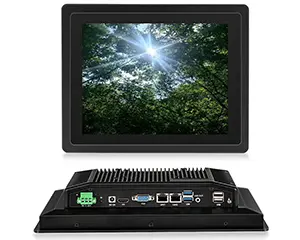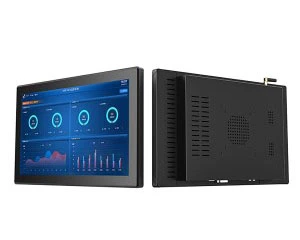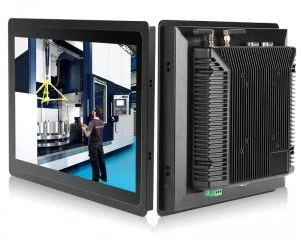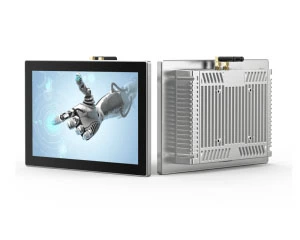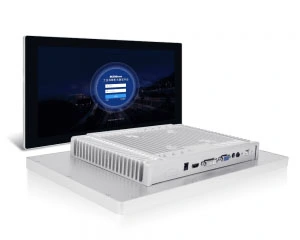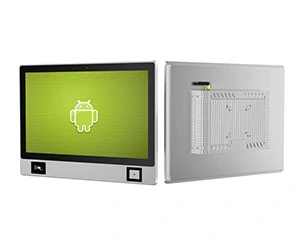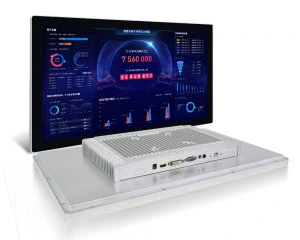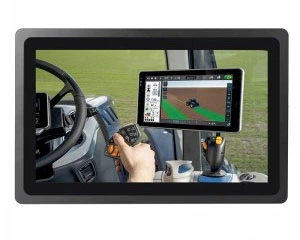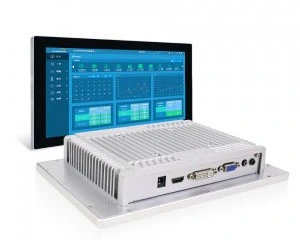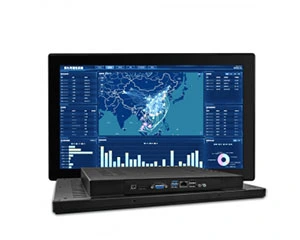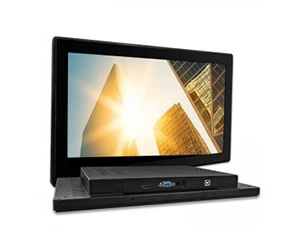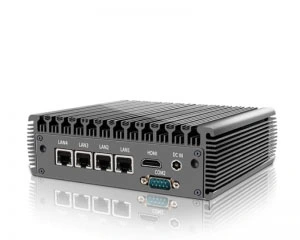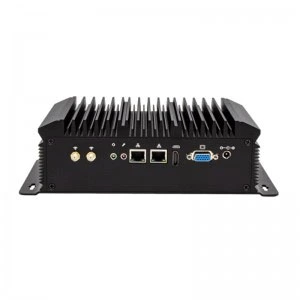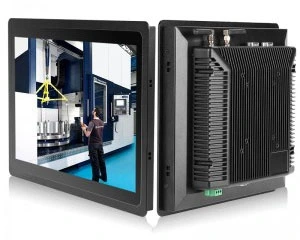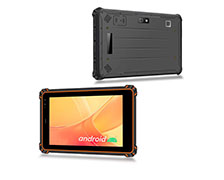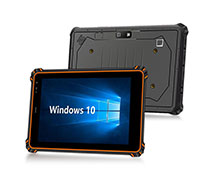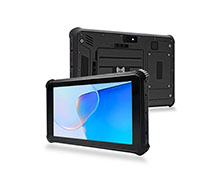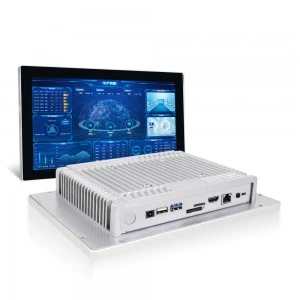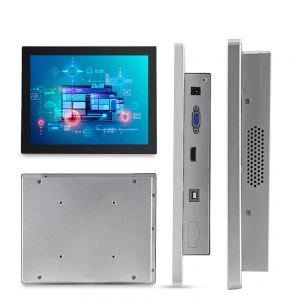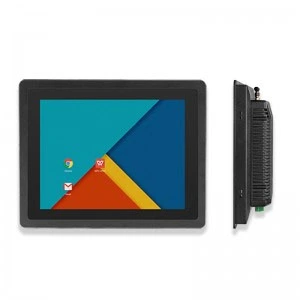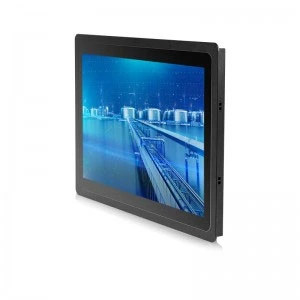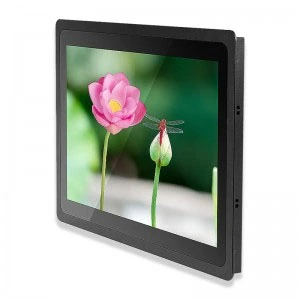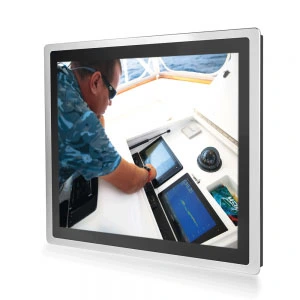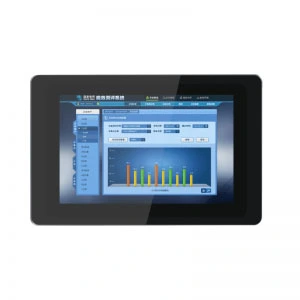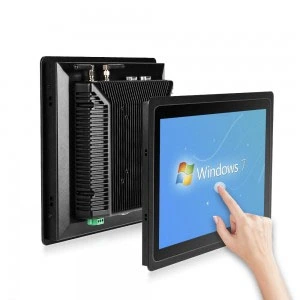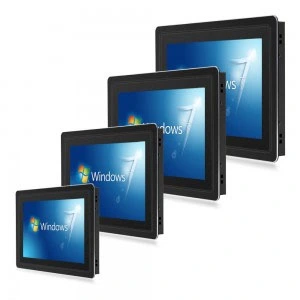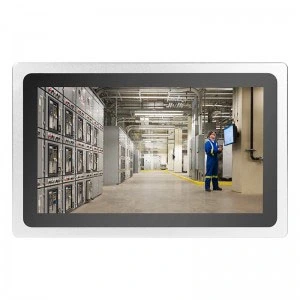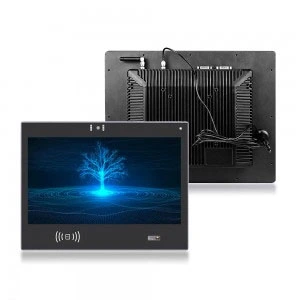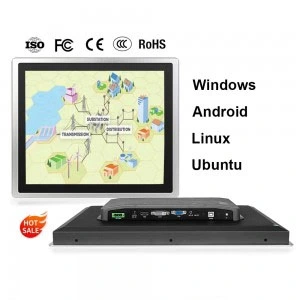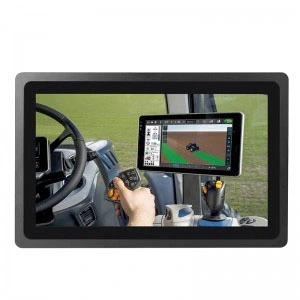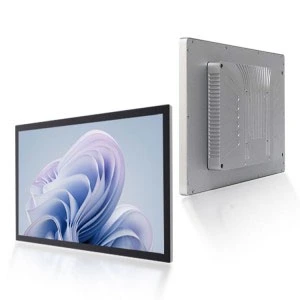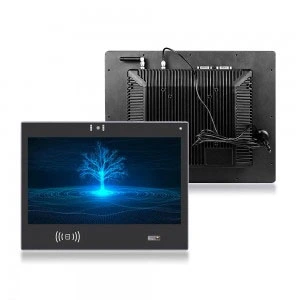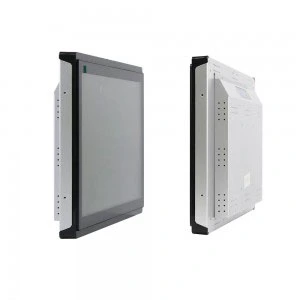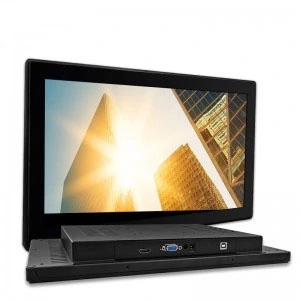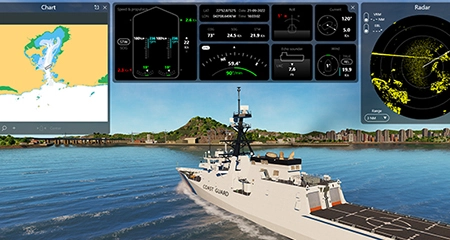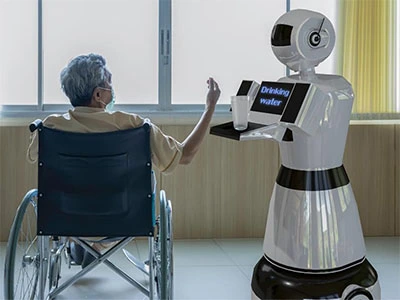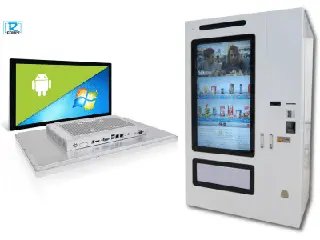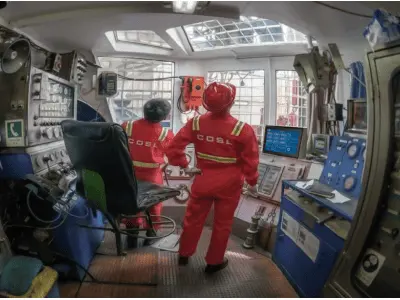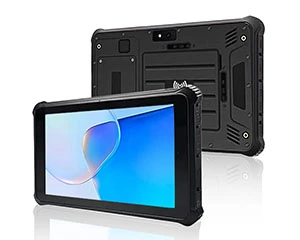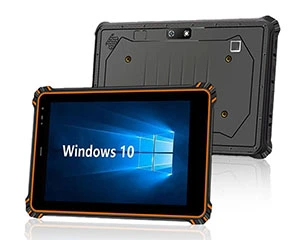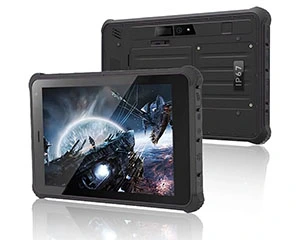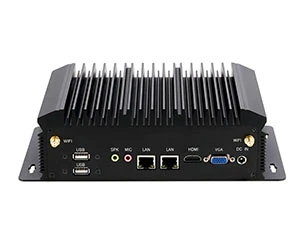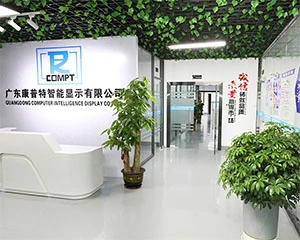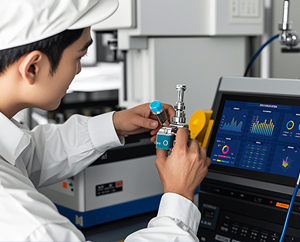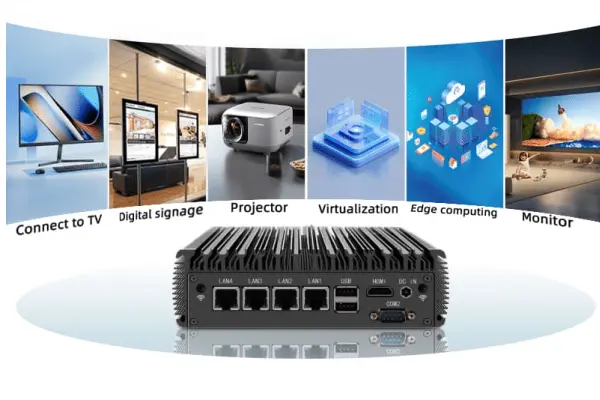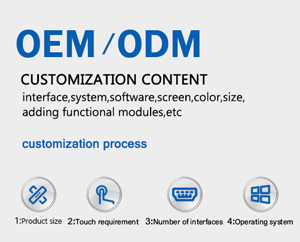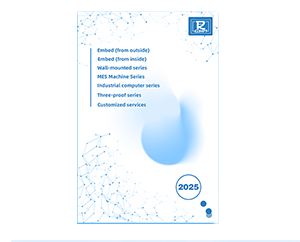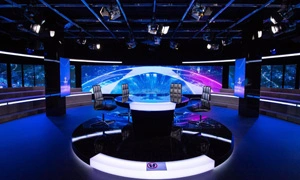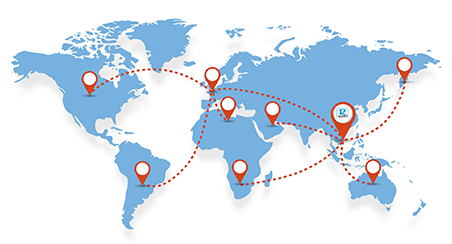One of the words that you will be hearing now and then about rugged technology that you use in an arduous environment is the IP rating. An essential feature that is commonly found in an industrial panel PC, an industrial computer, or a rugged tablet is the IP rating, which is the universal mutable standard that determines the level of protection against dust, dirt and water penetration.
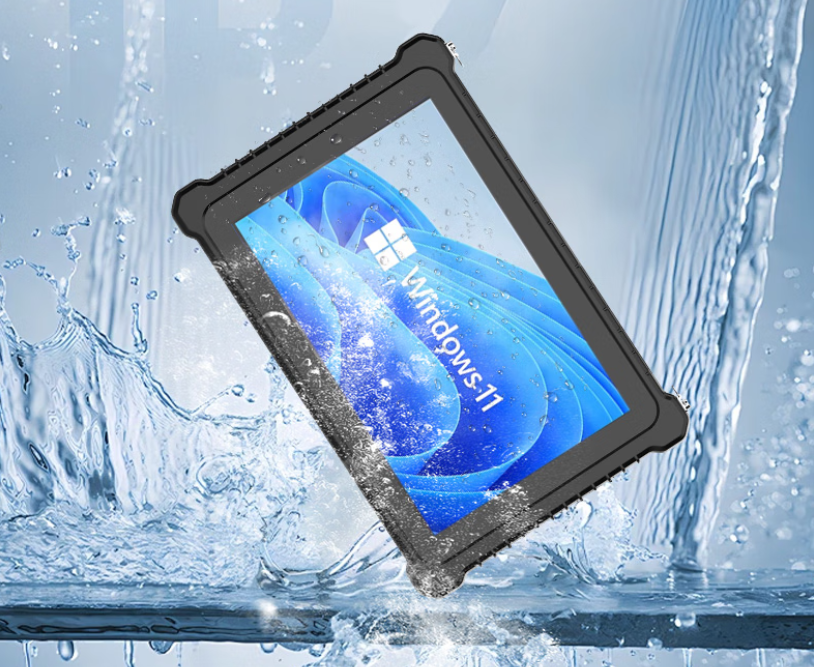
What exactly is an IP rating? Well, it stands for Ingress Protection by two numbers (e.g., IP65, IP67, or IP68). These two numbers are not just random numbers they indicate how protection the device level:
· The first digit signifies it is well protected (against dust/particles).
· The second figure indicates liquid protection (water, moisture, and immersion).
An IP68 panel PC is fully dust-tight (the “6″ indicate total protection from dust) and has long water immersion protection (the “8″ signifies an upper level of waterproofing).
In sectors such as marine navigation, chemical processing, outdoor construction, food factories, and logistics, devices have to endure exposure to water jets, high humidity, or even complete immersions under water. Inevitably, without proper IP protection downtime, equipment failure, and expensive replacements will follow.
So, to summarize, IP ratings are no mere digits; they are, in fact, the very breath of life behind reliable performance in tough, industrial conditions.
Why Industrial Devices Care About IP Protection
Imagine that you are the owner of a factory that produces some food and sprays hot water and sanitizer on the equipment every day to clean them. Alternately consider a boat or ship which will see salty seawater splashed all over navigation computers. That kind of punishment would break a normal machine within a week. This is where panel PCs with IP ratings come into play.
Here is why the protection of IP is so critical:
1. Resistant Conditions: Dust, oil and water can destroy internal circuits. This type of panel PC has an IP68 or IP69 rating that keeps the device working properly.
2. Adherence to industry standards: For example, waterproof devices are often needed in food production to follow hygiene standards.
3. Decreased Maintenance Expenditure: Devices with the right IP protection require fewer repairs and replacements, which in turn compounds savings in the long run.
4. Worker Protection: It may expose them in traditional dangerous areas such as chemical plants, where even a small device or part can become a threat. Such dangers can be avoided using waterproof and dustproof computers.
5. IP-rated tablets and PCs come to the rescue when the weather plays dirty on the construction site or during outdoor operations done by logistics teams.
The bottom line? Industrial devices with unprotected IP are exposed to environmental stresses that can translate into high costs and lowered productivity.
IP67 and IP68: Differences Explained
While both IP67 and IP68 are common waterproof ratings, they are not the same. Clarifying the distinction enables businesses to select the appropriate equipment for their requirements.
What Does IP67 Mean?
· Dust Protection (6): Completely dust-tight. No solid particles can penetrate.
· Water Resistant (7): Semi-waterproof, will not be damaged if briefly submersed in water up to 1 meter deep for 30 mins.
In other words, an IP67 panel PC would be fine if someone dropped it in the pool, or if the device works outdoors in heavy rain, but it is not meant to remain under the water for long periods.
What Does IP68 Mean?
· Dust Protection (6): 100% dustproof.
· Water Resistance (8): Resistant to direct contact with water and can be maintained continuously, typically in a depth of 1.5 to 2 meters for longer periods.
IP68 devices are not just about breathing in a shallow pool like IP67 but can perform operations under water for extended periods. This makes them perfect for marine, outdoor sensing, or any industry where devices are regularly exposed to water.
Applied Comparison: IP67 vs IP68 Outside of the Lab
|
Feature |
IP67 |
IP68 |
|
Dust Resistance |
Complete |
Complete |
|
Water Resistance |
1m depth, 30 min |
1.5m–2m, continuous |
|
Best For |
Outdoor rain, short accidental immersion |
Mariner, chemical plants, prolonged water exposure |
|
Panel PC Use Case |
Construction sites, logistics |
Marine vessels, food processing plants |
In a nutshell, however, an IP67-only device may survive temporary immersion while a device with an IP68 designation is designed to survive harsher, longer-term events.
How to Select Between IP65, IP67 and IP68
Looking at rugged panel PCs or tablets, IP65, IP67, and IP68 ratings are a common sight. Each level has its purpose and using any higher than necessary will be thrown into waste due to needless expensive and reliability destroying machinery.
Breaking down each rating
· IP65: Not dust-tight, but low-pressure water jets (test: 12.5 l/min) can be directed anywhere on the sealed surface at a distance of 3 m. (however, nor suitable for immersion)
· IP67: Protected from dust and immersion of 30 min at 1m depth.
· IP68: Dust-tight and suitable for continuous underwater use (deeper and longer than IP67)
Applications of IP65, IP67 & IP68 Devices
IP65 Panel PCs
Perfect for factories around the inside in which there is dust trouble but normal water just cleaning bobby sprays.
IP67 Panel PCs
Ideal for outdoor logistics, construction and automotive workshops in which they are likely to be immersed in water or if heavy rain is expected.
Best suited for marine navigation, food processing, chemical plants and areas where there is consistent and heavy exposure to water.
To summarize, IP65 is protected from splashes, IP67 is protected in cases of accident, and IP68 is protected in the face of continuous challenges.
IP68 or IP69: More Than Standard Shielding
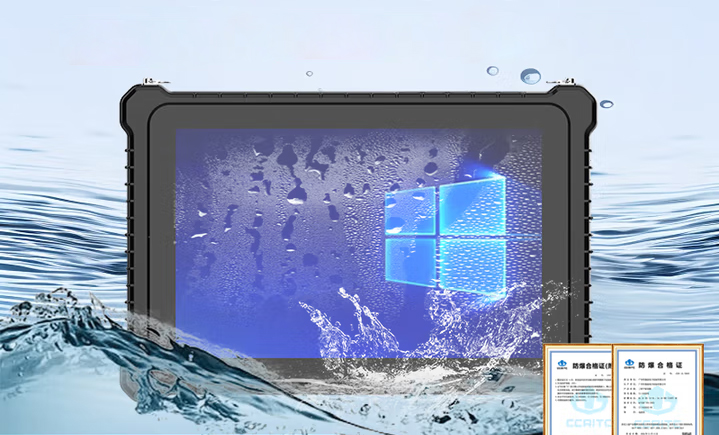
On the IP68 vs IP69 side of things, we’re looking at the very highest levels of waterproofing for industrial devices.
What is IP69?
· Completely dust-tight.
· High-pressure high-temperature (HPHT) water jets
That also means IP69 devices are not just waterproof, it can also resist some of the most intensive forms of cleansing, like ones you find in food factories and chemical industries.
As mentioned earlier, IP68 is designed for submersion underwater but not in a factory setting where equipment is constantly blasted with hot water and cleaning chemicals and that’s where IP69 comes in.
In industries requiring high sanitation (food, pharmaceuticals, chemicals), IP69 is a requirement for devices. Device whose IP68 standard makes them really shine on the marine or long-term underwater setting.
IP68 Rating: Definition, Usage, and Testing
What IP68 Waterproofing Actually Means?
But what really does waterproof IP68 mean??? To break it down, the “6″ in IP68 ensures complete infiltration by dust and the “8″ mean that the device can withstand fresh water availability for continued duration. In general, most IP68 devices are subjected to testing at 1.5 — 2 meters for 30 minutes or longer, although there are ruggedized industrial PCs and tablets that can withstand immersion deeper and longer.
Note that it is waterproof, not indestructible. If you have an IP68 panel PC, it will resist water, but it is not designed to be used in deep sea diving or pressurized underwater use unless it says so. Nonetheless, IP68 does make customers feel at ease in industries such as marine, logistics, outdoor, and chemical.
Industries That Require the Use of IP68 Equipment
· Marine: Navigation systems and panel PCs to salty seawater and perpetual splashes
· Food Factories: High-pressure water-washing to keep the equipment clean.
· Chemical Plants: Frequent exposure to corrosive and heavy cleaning.
· Logistics and Transportation – Scanning, tracking, and communication devices installed to the vehicle for outdoor use, rains, snow.
· Construction Sites: Mud, dust, and engineer’s work alongside the water.
If it weren’t for IP68, all these devices in these industry verticals would have frequent breakdowns, explosive downtimes, and safety issues weekly.
How IP68 Testing is done?
IP68 testing scales on an x-y grid, meaning a device that clears a specific point will automatically qualify for all lower tests. Not all these points will be definitely easier or comfortable.
· Dust Chamber Testing: The device is kept in a chamber with fine dust particles; it will verify the airtight sealing.
· Immersion Tank Testing: The device will be kept at specific heights and specific timings under water.
· Functional Testing: After removing water, the device must run normally without any traces of water getting inside.
Extended Durability Tests – Railways or rugged industrial human-grade devices might also be tests with salt water, extended depths of testing waters, high humidity, and severe temperatures.
It is only after a device clears through all these extreme tests will the panel PC be certifies as IP68. Regardless of the manufacturer’s testing or claims made during the purchase, these tests are always followed vigorously. Many manufacturers with a high rate of IP68 failures will have additional tests performed on them by a new/unfamiliar test lab.
Improper Designs Found in IP68 PCs
In my experience with IP68 panel PCs, regardless of its testing process, the following minor faulty designs will ruin the dust and waterproof capabilities of the PC. While purchasing a PC we should always consider these points. It is important to remember that these small little details are the main point of failures of a PC.
· Weak connector seals.
· Lousy rubber gaskets.
· Assembly of parts without proper adhesives
· Overheating sealed devices in a non-ventilating body.
All these points are critical to the functioning of a device and simply assume a rubberised edge considers the device as a rugged one are foolish designs. These crucial errors are so often found in devices claiming IP68 ratings that they ought to be enforced. Where are all these devices employed? Let’s talk about them.
Applications of IP68 Devices
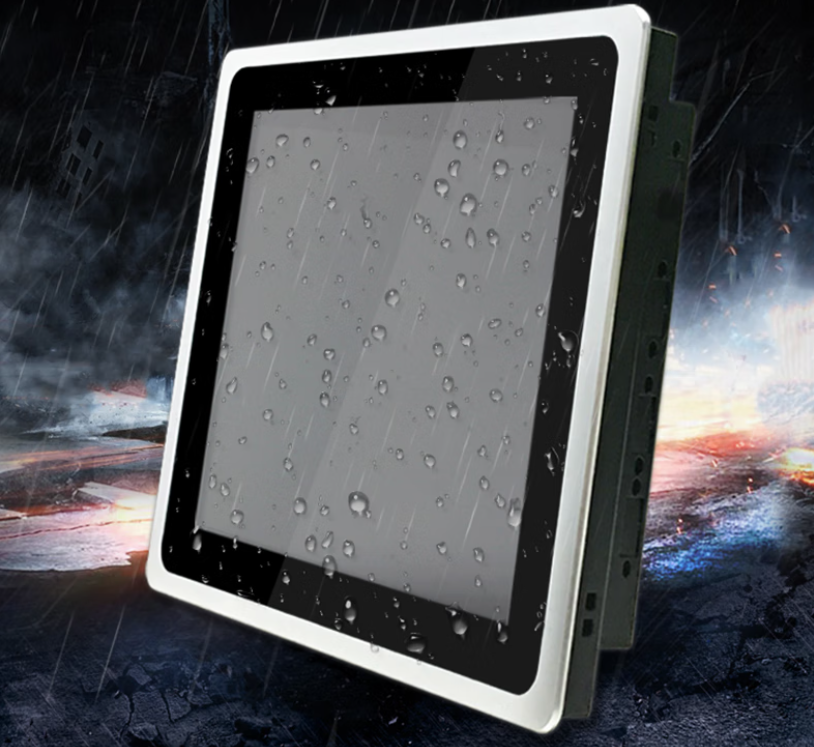
Marine Industry
Electronic devices sulphur in ships, submarines and ports are continuously exposed to saltwater storms and humidity in sea. An IP68 panel PC also means that systems such as navigation, communications, and monitoring stays operational and reliable even when waves start splash over the top.
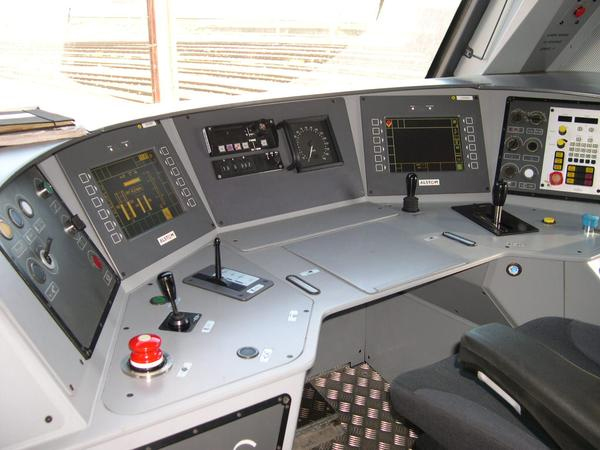
Food Factories
Food production is hygiene in everything. It requires daily hot high-pressure washdown with sanitizer chemicals. Computers without IP68 or IP69 protection would disappear in a matter of days. Which is why modern food factories tend to have IP68 industrial PCs as standard.
Automotive and 3C Product Manufacturing
For example, car assembly lines and 3C (computers, communications, and consumer electronics) electronics factories frequently use panel PCs beside oil, dust and coolants. Devices with an IP68 rating are contamination resistant which helps to minimize downtime and allows an uninterrupted production process.
Chemical Production
Chemicals are aggressive, erosive and mostly liquid. In chemical plants, devices must survive acidic spray, cleaning fluids, and spills. These special computers have seals, casings, and added protective layers that protect them against dust and water, graded on a scale of IP68.
Logistics and Transportation
Employees typically rely on rugged IP68 tablets and handhelds inside a warehouse and inside delivery trucks. Nothing slows down scanning barcodes or updating shipment data — rain or shine, snow or dust.
Outdoor Work and Harsh Environments
PCs and tablets that continue working in rainstorms, deserts, and freezing condition are needed by utility workers, surveyors, and field engineers. IP68 ensures that their tools won´t let them down in the wild.
Construction Sites
Dust, mud, and sudden downpours are all around at construction sites. Blueprints, machine controls, and project management are all used on rugged IP68 panel PCs that can survive conditions that would destroy normal computers.
Choosing the Right IP68 Devices
While having an IP68 panel PC when you need one, is extremely useful, the answer between an IP68 panel PC, industrial PC or tablet PC comes down to the environment and application.
IP68 Panel PC
An embedded, industrial PC integrated into welders, kiosks, and ships. Their touchscreens for glove-wearing workers, made for factories and ships, are mess-free.
IP68 Industrial PC
These have higher computing capacity than tablets and are fixed or semi-fixed units designed to solve heavy computational problems in manufacturing, chemical or logistics processes. Water and dust cannot enter their hermetically sealed housings.
IP68 Tablet PC
These rugged tablets are portable, lightweight and cater to mobile workers especially in logistics, construction and field services. They have a worry-free portability into the rain, mud or snow for workers.
Conclusion
The world is marching to smarter and tougher technology, with IP68 rating devices getting us there. IP68 has set the gold standard for the reliability of devices in extreme environments, such as under water, that would cause even factory floor computers to disappear entirely.
The distinction between IP65, IP67, IP68 and IP69 not only helps industries to invest wisely, but it also ensures greater uptime and safety. A Panel PC, Industrial PC, or Rugged Tablet that is IP68 rated means you are getting long-lasting, protective, and efficient equipment.
In other words: If your devices are regularly dealing with dust, liquid, or chemicals, they need IP68 at the very least.
FAQs
What does IP68 waterproof mean?
That means the device is built entirely dust resistant and can survive prolonged submersion in water (typically 1.5–2 meters) without harm.
Is IP68 better than IP67?
Yes. Both are dust-tight, but IP68 provides better water resistance—as well as higher standards for intermittent immersion compared to IP67.
The discrepancy between waterproof and water-resistant ratings
Waterproof = Immersion protection (IP67, IP68), Water-resistant = Splash or rain protection (IP65)
For instance, how long can an IP68 device be submerged in water?
Usually, 30 minutes at 1.5–2 m, but some rugged devices are tested for deeper & longer immersion, as specified by the manufacturer.

Penny
Web Content Writer
4 years of experience
This article is edited by Penny, the website content writer of COMPT, who has 4 years working experience in the industrial PCs industry and often discusses with colleagues in R&D, marketing and production departments about the professional knowledge and application of industrial controllers, and has a deep understanding of the industry and products.
Please feel free to contact me to discuss more about industrial controllers. sales@gdcompt.com

